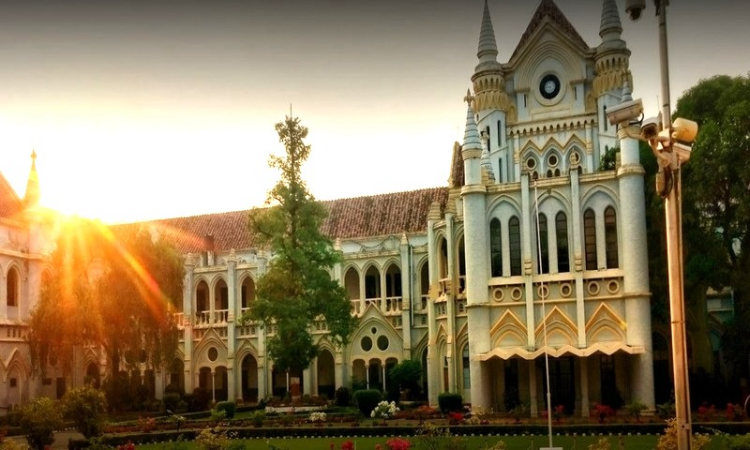Tribunal Cannot Trespass Into Foreign Territory Rendering Finding On Caste Status: Madhya Pradesh High Court
Zeeshan Thomas
11 Feb 2022 9:58 AM IST

Next Story
11 Feb 2022 9:58 AM IST
The High Court of Madhya Pradesh recently reprimanded the Jabalpur Bench of Central Administrative Tribunal for venturing into foreign territory and rendering a finding on the caste status of the Petitioner as the same was beyond its jurisdiction. The division bench comprising of Justice Sheel Nagu and Justice Sunita Yadav was essentially dealing with a writ petition, wherein...
